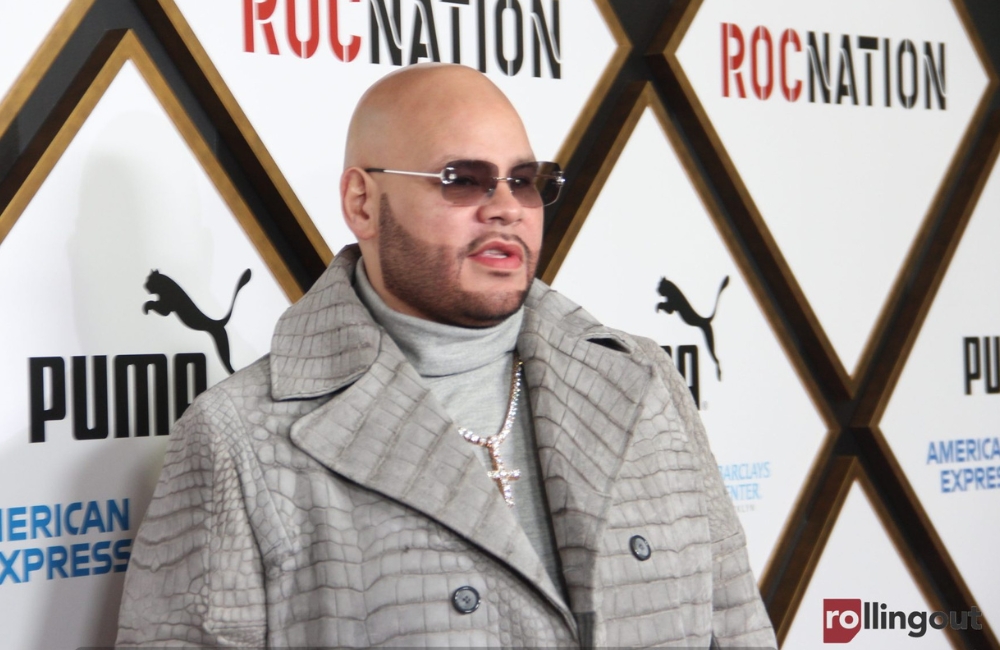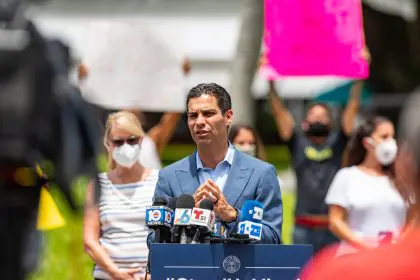Fat Joe has launched a fierce legal counterattack against his former hypeman Terrance Dixson and attorney Tyrone Blackburn in a New York federal court. The renowned rapper alleges the pair orchestrated a calculated extortion plot involving fabricated accusations and public threats designed to force a multi-million dollar payout.
The explosive allegations
Fat Joe’s lawsuit details how Dixson and Blackburn attempted to extract money by threatening to publicize what he maintains are completely fabricated claims. These allegations escalated to include deeply serious accusations of statutory rape, sex trafficking, and forced labor—all of which the rapper vehemently denies and characterizes as part of a deliberate scheme to damage his reputation and extract payment.
How the extortion attempt unfolded
The conflict timeline began on March 23, 2025, when Dixson and Blackburn initiated contact through a letter demanding financial compensation. They claimed Dixson had worked as an uncredited ghostwriter and vocalist on several of Fat Joe’s tracks during their 13-year professional relationship from 2006 to 2019. According to Fat Joe’s legal team, these claims were never raised during their entire working relationship.
When the initial demand went unanswered, the situation intensified dramatically. By April 21, a second letter arrived with an explicit $20 million settlement demand and lawsuit threat. Shortly thereafter, Dixson took to social media platforms, making explosive accusations about Fat Joe allegedly transporting a 16-year-old girl across state lines for sexual purposes.
Fat Joe’s decisive response
In his formal response, Fat Joe has categorically rejected all allegations as complete fabrications created as part of a criminal conspiracy between his former hypeman and the attorney. He describes their demands as elaborate and ludicrous and constantly changing, while characterizing their behavior as relentless threats, harassment, and defamation. The rapper has expressed full confidence that the legal process will expose their actions as nothing more than a desperate scam.
The legal perspective
Questioning Blackburn’s tactics Joe Tacopina, representing Fat Joe, has characterized the situation as a criminal extortion scheme. He emphasized that Blackburn appears to have a history of employing questionable legal tactics against high-profile clients, describing this as a coordinated attempt to destroy his client’s life and career rather than a simple financial shakedown.
Previous judicial criticism The lawsuit specifically references past judicial criticism of Blackburn’s professional conduct. Judge Denise Cote of the Southern District of New York previously criticized Blackburn for improperly filing federal cases seemingly to generate media attention and pressure defendants into quick settlements. Another federal judge, J. Paul Oetken, reportedly warned Blackburn about court filings containing inaccurate legal statements and irrelevant personal attacks.
Legal protective measures
In response to the ongoing situation, Fat Joe‘s legal team has issued a formal cease-and-desist letter to Blackburn, specifically referencing the previous judicial reprimands against him. This legal maneuver aims to halt any further defamatory statements while protecting the rapper’s reputation from additional damage.
Industry implications
This high-stakes legal battle raises profound questions about extortion tactics within the entertainment industry. As the case works through the legal system, it will establish important precedents for how similar allegations are handled in the future. Fat Joe’s determination to defend his name against what he characterizes as malicious falsehoods highlights the critical importance of standing firm against unfounded accusations designed to extract financial gain.
The case will likely be closely monitored by entertainment industry professionals, legal experts, and fans alike as it develops through the court system. The outcome could potentially influence how celebrities and their representatives respond to similar situations in the future, particularly regarding the delicate balance between addressing serious allegations appropriately while protecting against potential extortion schemes.













